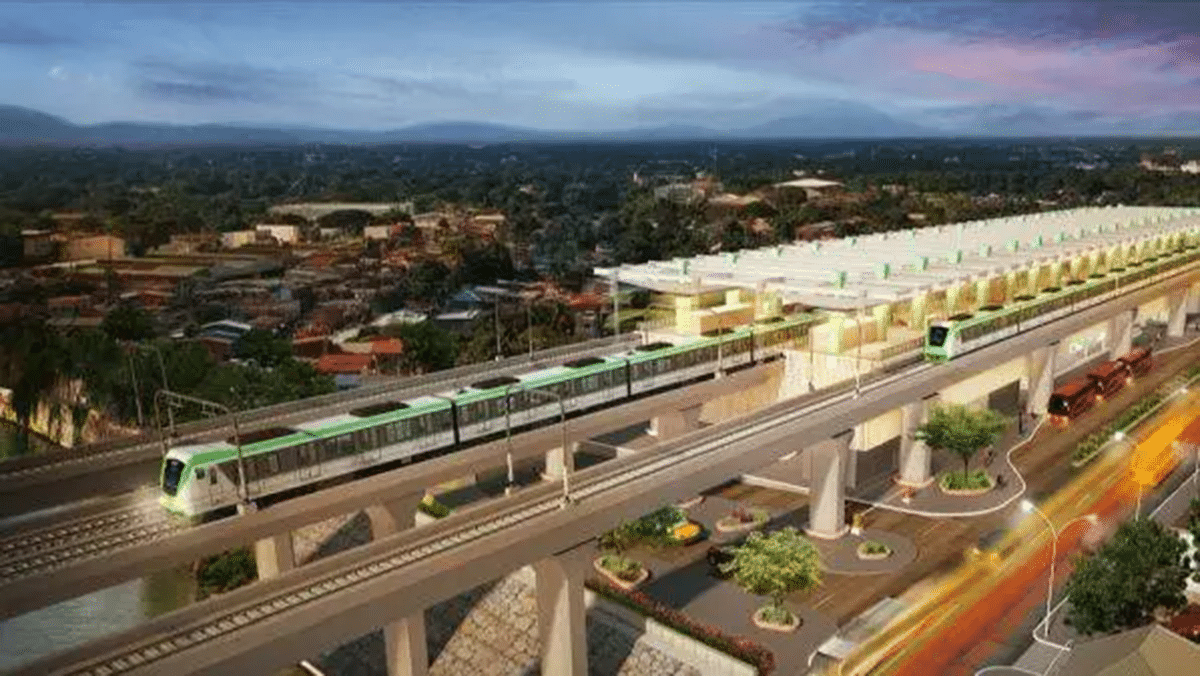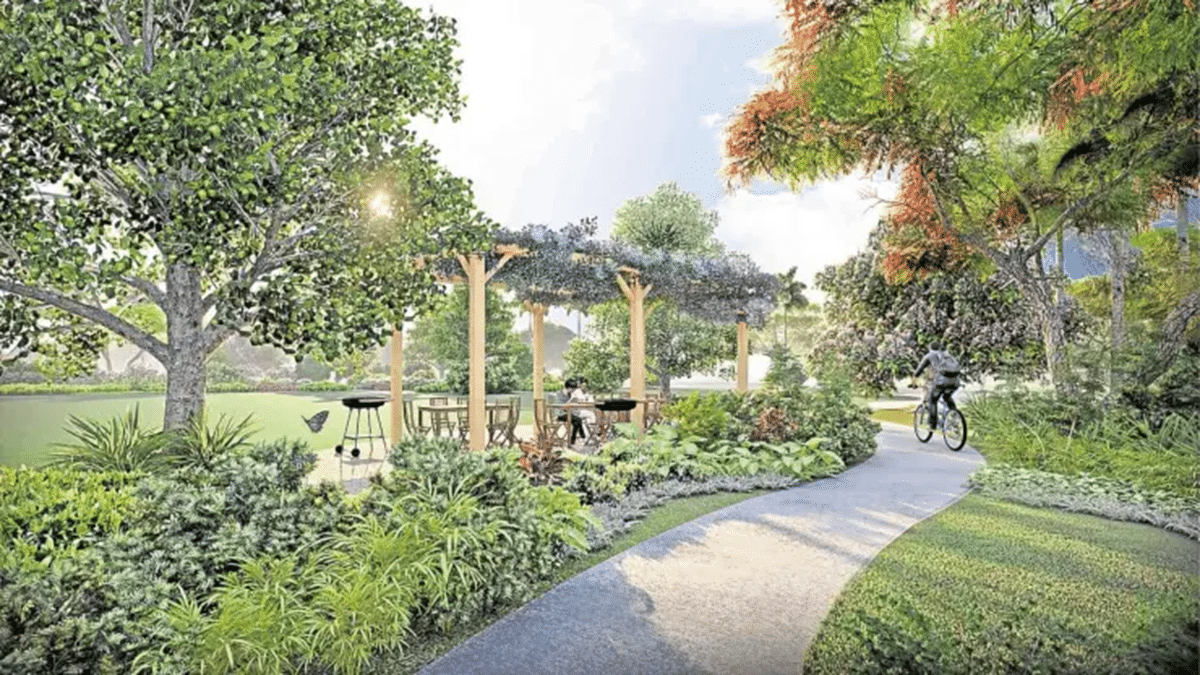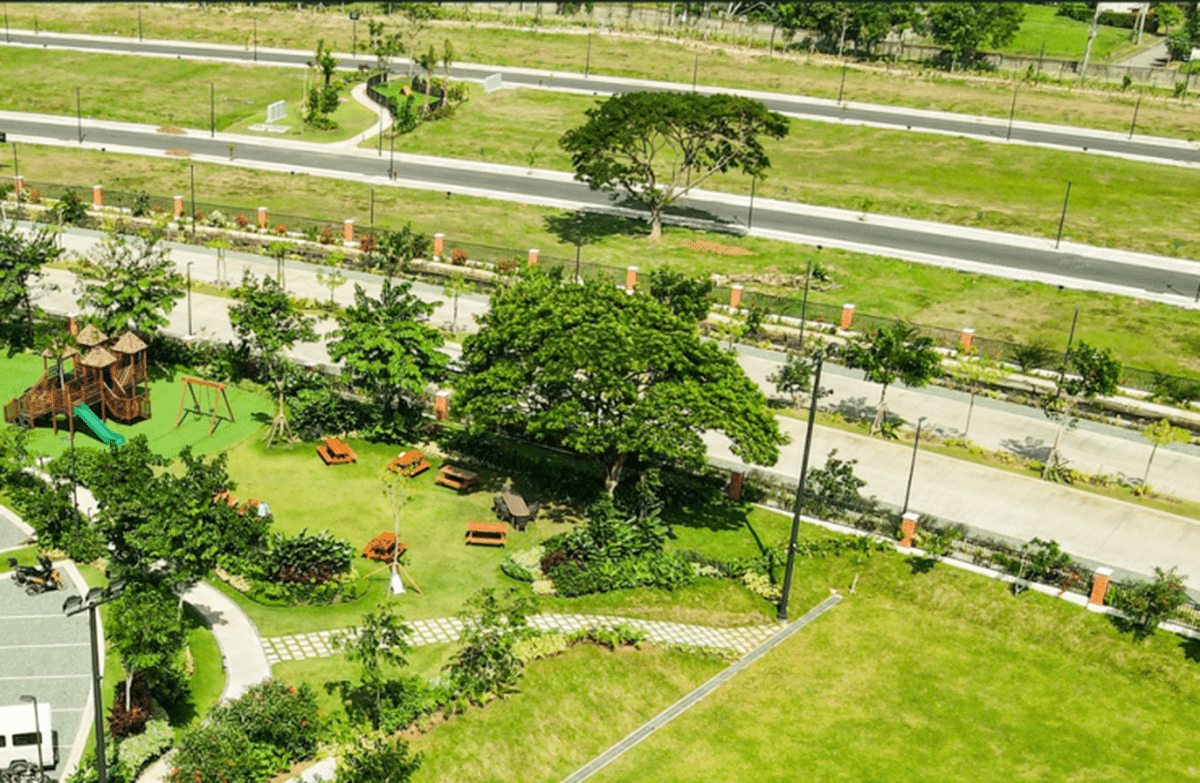The bright allure of the south
For many young people, a time comes in their lives where they can see an inevitable transition coming. They’ve had a taste of what life can offer, and have a clearer picture of where they want to end up in the long run.
They are, more often than not, in need of somewhere to jump off—somewhere to establish a brighter future for themselves or their fledgling families.
In recent years, the provinces in the immediate south of Metro Manila—Cavite, Laguna, and Batangas in particular—have been increasingly attractive to these people. Here are a few reasons why so many are flocking to the South.
Developing infrastructure
It’s no secret that this region has been a hotbed of economic activity, due largely to the fact that it is historically where many industries have relocated to as Metro Manila has become denser over the years.
This is evidenced by the many industrial parks that have clustered around the western and northern areas of Laguna and Batangas, respectively. With Manila still seeing more than 80 percent of all port activities in the country together with these areas’ proximity and easy access to it, greatly augmented by the South Luzon Expressway, it’s not hard to see why the south is booming.
Article continues after this advertisementWith high growth also comes improvements in infrastructure.
Article continues after this advertisementTransport infrastructure projects abound in the south, such as the ongoing improvements in South Luzon Expressway (SLEx) and its extension to Quezon via the Toll Road 4, as well as the construction of the Muntinlupa-Cavite Expressway and Cavite-Laguna Expressway to better connect it to the interior of Cavite and Batangas to the east, and the southern portion of the North-South Commuter Railway.
Improvements in basic services, such as markets, commercial centers, hospitals, and government offices are all also catching up.
Dream homes within reach
It’s also no secret that property prices in Metro Manila are increasingly out of reach even to relatively well-off Filipinos, forcing many to look for other options further from this traditional magnet.
For these people, value for money is of prime importance. Spending their hard-earned money will only come once they come across a proposition that perfectly balances livability, access to services, accessibility, and the time they will spend going to and from whichever area they will eventually end up settling in.
Everything that has made the region a viable option for its industrial locators—such as easy, convenient, and efficient access through the SLEx and other national roads, ample access to basic services and healthcare, and the fact that property prices are significantly more affordable than in Metro Manila—also make it a sensible option for those looking for a place to call home.
Prospective opportunities
What makes the South all the more appealing are its future prospects.
Its rapid development, particularly in the marked gentrification of its core in the western Laguna area, is expected to coalesce into one of the first new financial and business hubs outside of Metro Manila.
This expansion of the local economy means that more opportunities in the service, finance and banking, tech, and retail sectors—that were once traditionally associated with the big central business districts of Metro Manila—may one day become part of the norm in this area.
Familiar city amenities
With infrastructure development and rising affluence also come the amenities that seek to take advantage of serving the people in these areas.
This resulted in higher quality offerings for rest, play, relaxation, and even healthcare—evident in the increasingly sophisticated, polished, and comprehensive commercial developments and medical centers that have been built in the South over the years.
More and more, those from the city further north are finding themselves less occupied in terms of searching for the needs and wants they’ve grown accustomed to, finding them also available closer to home.
More wholesome environment
Wanting to be in an environment that is conducive to a more pleasing day-to-day existence is something every city dweller can attest to. The South offers exactly that.
The region, for one, is less vulnerable to natural calamities largely due to its geography. It is well-protected from destructive rainfall and run-off both due to the heights that shield it from the east (the Sierra Madre mountain range) and west (the highlands around Tagaytay) as well as the still-significant forest cover that blankets the area.
Storm surges are non-existent except for areas down along the Laguna de Bay, and the area is elevated well above sea level. This means investments in properties are relatively safe from calamities.
Given the benefits to mental and physical well-being, the South suddenly looks like an irresistible offer to anyone who comes across it.
The transformative impact of infrastructure on Philippine industrial real estate



